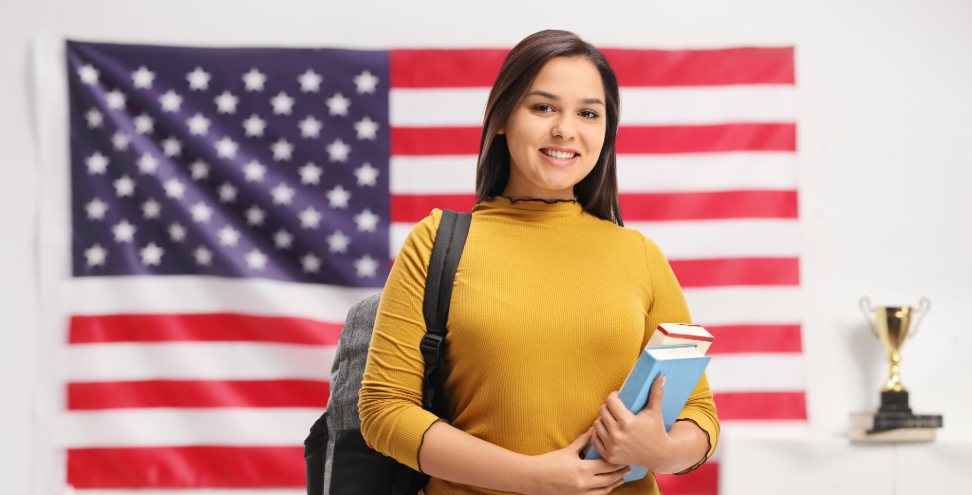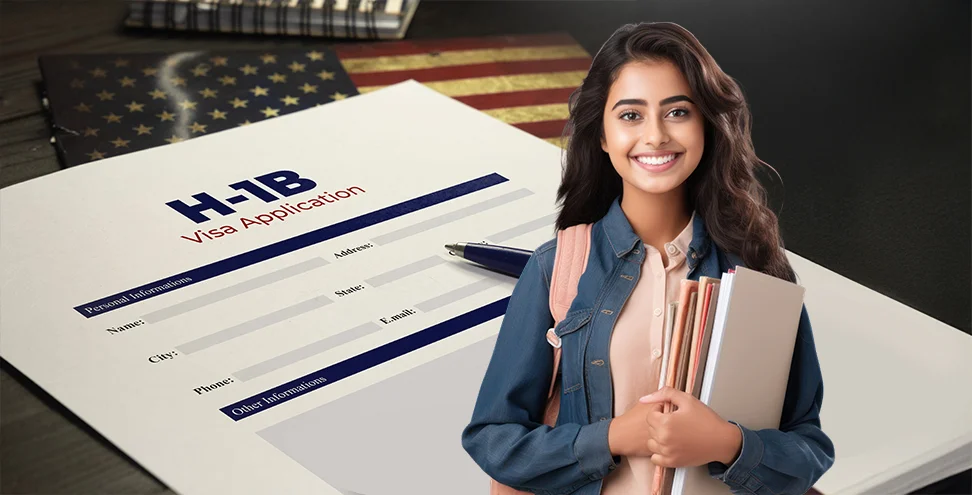Health Data Analytics at Johns Hopkins University USA
Table of Contents
- Health Data Analytics at Johns Hopkins University USA – Highlights
- Why Study Health Data Analytics at Johns Hopkins University USA?
- Johns Hopkins University Rankings
- Johns Hopkins University Health Data Analytics Acceptance Rate
- Popular Health Data Analytics Courses at Johns Hopkins University USA
- Admission Requirements to Health Data Analytics at Johns Hopkins University USA
- Cost of Health Data Analytics at Johns Hopkins University USA for Indian Students
- Scholarships at Johns Hopkins University USA
- Job Prospects for Health Data Analytics at USA
- FAQs – Health Data Analytics at Johns Hopkins University USA
Health Data Analytics at Johns Hopkins University USA – Highlights
Located in the vibrant city of Baltimore, Johns Hopkins University offers a comprehensive course in Health Data Analytics. The program is designed to equip students with the necessary skills to analyze and interpret complex health data, with a focus on improving healthcare outcomes. The course is ideal for those looking to make a significant impact in the healthcare industry through data-driven decision-making.
The curriculum incorporates the latest in data science techniques, including machine learning, statistical analysis, and data visualization. Students have the opportunity to work with real-world data sets and learn from leading experts in the field. With its strong emphasis on practical application, the Health Data Analytics program at Johns Hopkins prepares graduates for a variety of roles in healthcare analytics, policy-making, and research.
Why Study Health Data Analytics at Johns Hopkins University USA?
Johns Hopkins University is renowned for its pioneering research and excellence in education, particularly in the field of healthcare. By choosing to study Health Data Analytics here, students gain access to cutting-edge resources, esteemed faculty, and a collaborative learning environment that fosters innovation and critical thinking.
- World-class faculty with extensive experience in health data analytics.
- Access to cutting-edge research facilities and real-world datasets.
- Strong industry connections for internships and job placements.
- Comprehensive curriculum covering advanced data science techniques.
Johns Hopkins University Rankings
| Ranking Organization | Ranking |
|---|---|
| US News and World Report | #1 in Public Health |
| QS World University Rankings | #5 in Health Sciences |
| THE Rankings | #6 in Clinical, Pre-clinical & Health |
| ARWU Rankings | #4 in Public Health |
Johns Hopkins University Health Data Analytics Acceptance Rate
- The acceptance rate for the Health Data Analytics program at Johns Hopkins University is highly competitive, reflecting the program's prestige and demand.
- Prospective students should aim for a strong academic record and relevant experience to increase their chances of admission.
Popular Health Data Analytics Courses at Johns Hopkins University USA
- Bachelor’s Programs:
- Bachelor of Science in Health Data Science: This program focuses on the foundational aspects of data science with applications in healthcare.
- Bachelor of Science in Biostatistics: Emphasizes statistical methods and their applications in biomedical research and public health.
- Master’s Programs:
- Master of Science in Health Data Science: Designed to provide advanced training in data science techniques specific to healthcare.
- Master of Public Health with a concentration in Health Data Analytics: Combines public health principles with data analytics to address health issues.
Admission Requirements to Health Data Analytics at Johns Hopkins University USA
Admission to the Health Data Analytics program at Johns Hopkins University is competitive, requiring a strong academic background and relevant experience. Prospective students should prepare thoroughly to meet the program's rigorous standards.
- Entry Requirements:
- Johns Hopkins University Health Data Analytics entrance exam.
- Johns Hopkins University Health Data Analytics entry requirements include a bachelor's degree in a related field.
Eligibility Criteria: Applicants must have a solid foundation in mathematics and statistics, as well as experience with data analysis software. A background in health sciences or a related field is also beneficial.
International students must demonstrate proficiency in English and may need to submit TOEFL or IELTS scores. Additionally, letters of recommendation, a statement of purpose, and a resume are required as part of the application.
- Documents Required:
- Official transcripts from all attended institutions.
- Letters of recommendation.
- Statement of purpose.
- Resume or CV.
- Proof of English proficiency (TOEFL/IELTS).
Proficiency Test: Applicants whose first language is not English must take an English proficiency test such as the TOEFL or IELTS. A minimum score is required to demonstrate adequate proficiency for academic purposes.
- Visa Process:
- Apply for a student visa (F-1 or J-1).
- Provide proof of financial support.
- Submit a copy of the admission letter from Johns Hopkins University.
- Attend a visa interview at the U.S. embassy or consulate.
Cost of Health Data Analytics at Johns Hopkins University USA for Indian Students
Tuition Fees: The tuition fee for the Health Data Analytics program at Johns Hopkins University is approximately $50,000 per year. This fee may vary based on the specific program and additional costs such as lab fees.
Cost of Living: The cost of living in Baltimore is relatively affordable compared to other major cities in the USA. Students should budget for housing, food, transportation, and other personal expenses, which can amount to approximately $15,000 to $20,000 per year.
| Expense | Estimated Cost (per year) |
|---|---|
| Tuition Fees | $50,000 |
| Living Expenses | $15,000 - $20,000 |
Scholarships at Johns Hopkins University USA
Johns Hopkins University offers a range of scholarships to support students financially. These scholarships are awarded based on academic merit, financial need, and other criteria.
- Hopkins Scholarship: Provides full or partial tuition coverage based on academic excellence.
- Global Health Scholarship: Aims to support students who demonstrate a commitment to global health initiatives.
Job Prospects for Health Data Analytics at USA
Graduates of the Health Data Analytics program at Johns Hopkins University have excellent job prospects in various sectors, including healthcare, government, and research. The demand for skilled health data analysts is growing rapidly, offering numerous opportunities for career advancement.
| Job Title | Average Salary |
|---|---|
| Health Data Analyst | $70,000 |
| Biostatistician | $75,000 |
| Health Informatics Specialist | $80,000 |
| Healthcare Data Scientist | $90,000 |
FAQs – Health Data Analytics at Johns Hopkins University USA
- Can I work while studying Health Data Analytics at Johns Hopkins University?
Yes, international students on an F-1 visa can work up to 20 hours per week on-campus during the academic year and full-time during breaks.
- What are the advantages of studying Health Data Analytics at Johns Hopkins University?
The program offers access to leading experts, cutting-edge research facilities, and a comprehensive curriculum that prepares students for high-demand roles in healthcare analytics.
- What is the average salary for graduates of the Health Data Analytics program?
Graduates can expect to earn an average salary of $70,000 to $90,000, depending on their role and level of experience.
- How long does it take to complete the Health Data Analytics program?
The duration of the program varies; bachelor’s programs typically take four years to complete, while master’s programs can take one to two years.
- What exams are required for admission to the Health Data Analytics program?
Applicants may need to take the GRE or GMAT, and international students must provide TOEFL or IELTS scores to demonstrate English proficiency.
- What are some popular Health Data Analytics courses at Johns Hopkins University USA?
Popular courses include the Bachelor of Science in Health Data Science, Master of Science in Health Data Science, and Master of Public Health with a concentration in Health Data Analytics.












